Some signs are obvious right from the beginning, and some come into play further down the road, but all of these signs indicate you might be about to lose money on your real estate investment. Protect your asset (and your bank account) and don’t ignore these major real estate red flags!
Scott McGillivray is a real estate expert and host of HGTV Canada’s Income Property and Moving the McGillivrays.
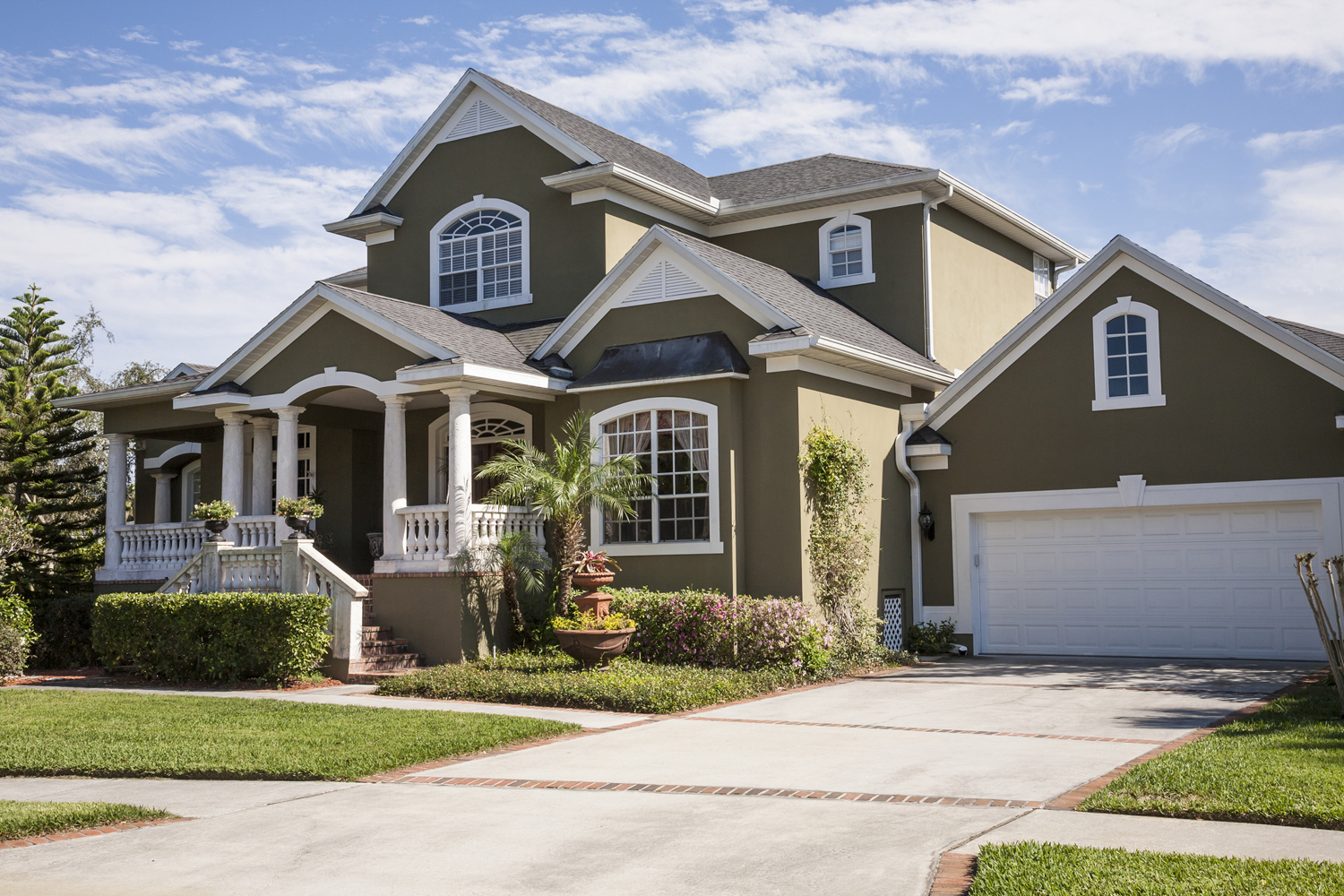
You Have the Most Expensive Home on the Block
Real estate investing wisdom says that you should always look for the worst house on the best street – not the other way around. When you purchase a home that’s more expensive than all the others in the neighbourhood you don’t leave yourself a lot of room for growth. When all the houses around you are less expensive, yours (whether it’s a rental or a flip) could either sit empty or sit on the market for longer than you’d like.
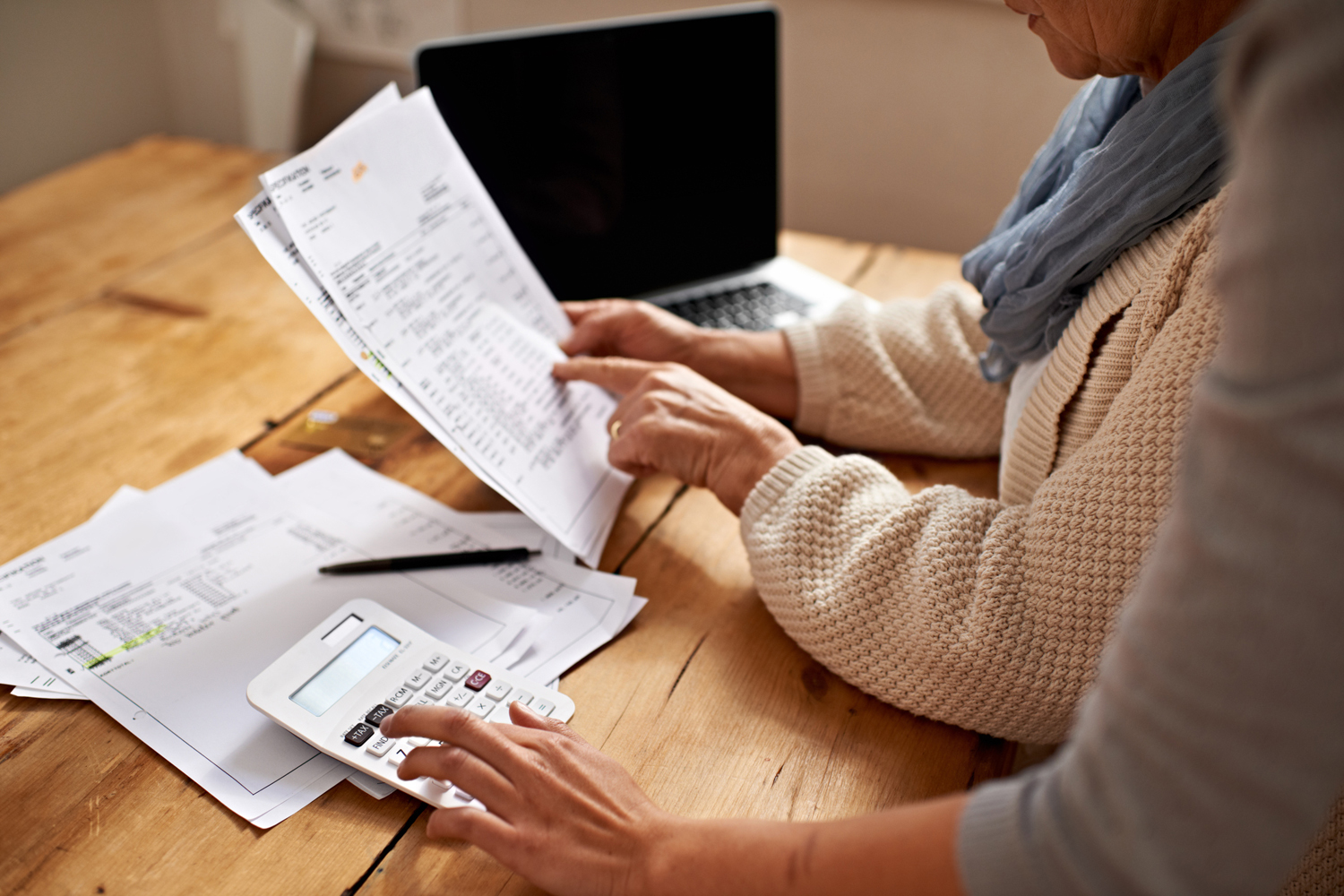
There’s No Cash Flow
The most important thing about owning an investment property is to make sure that there is positive cash flow. This means that when you collect the rent and then subtract all the monthly expenses you still see a positive number. If you don’t see a positive number you will lose money.
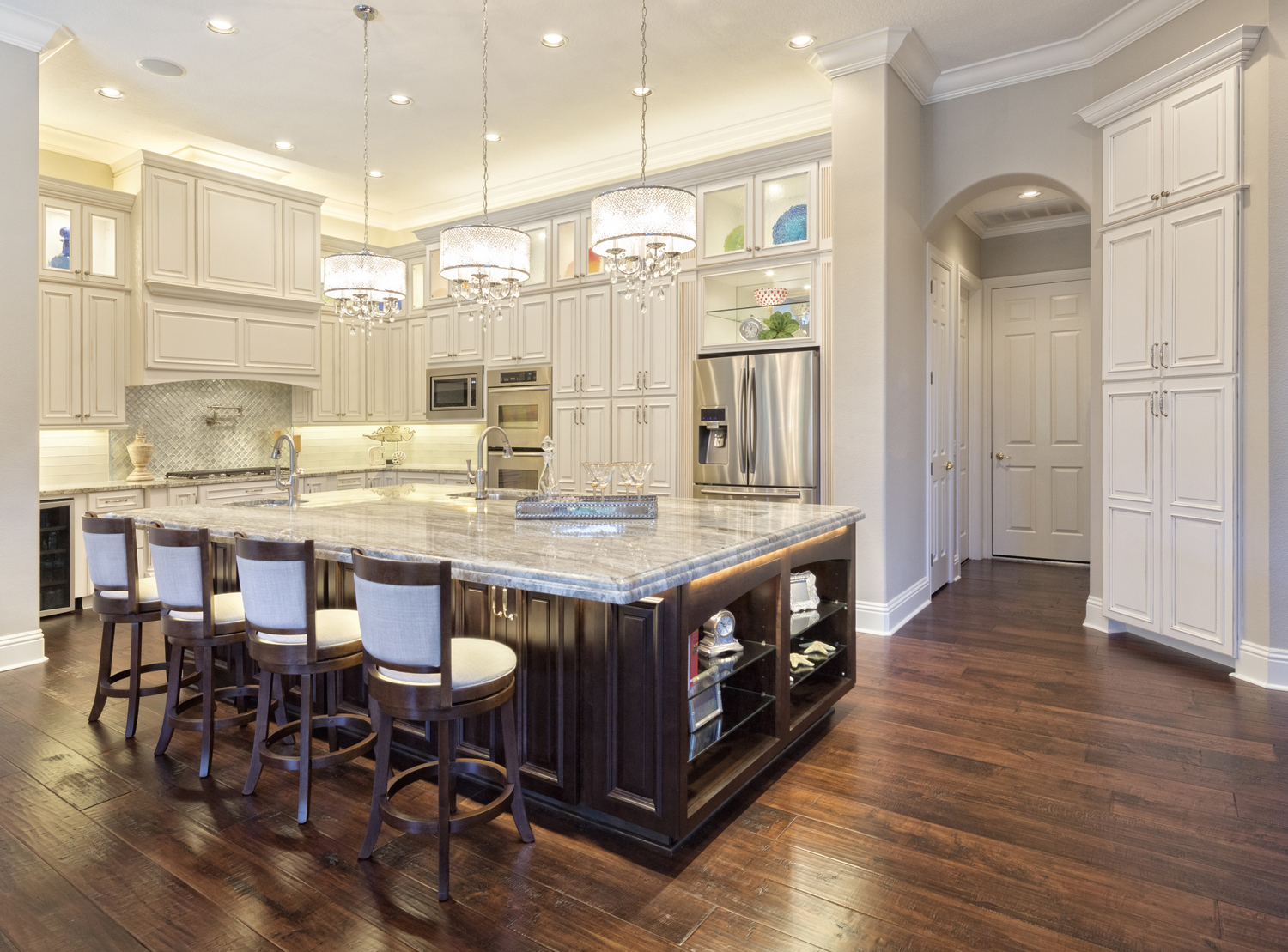
You’ve Over-Invested
One of the things you have to be cautious about when trying to add value to a property is not to over-invest. High end renovations in a home that doesn’t warrant them will not get you any kind of return on investment, and you’ll have trouble finding renters who are willing to pay the price. While you always want to provide good quality for a good price, make sure any upgrades you do are in keeping with the comps in the neighbourhood.
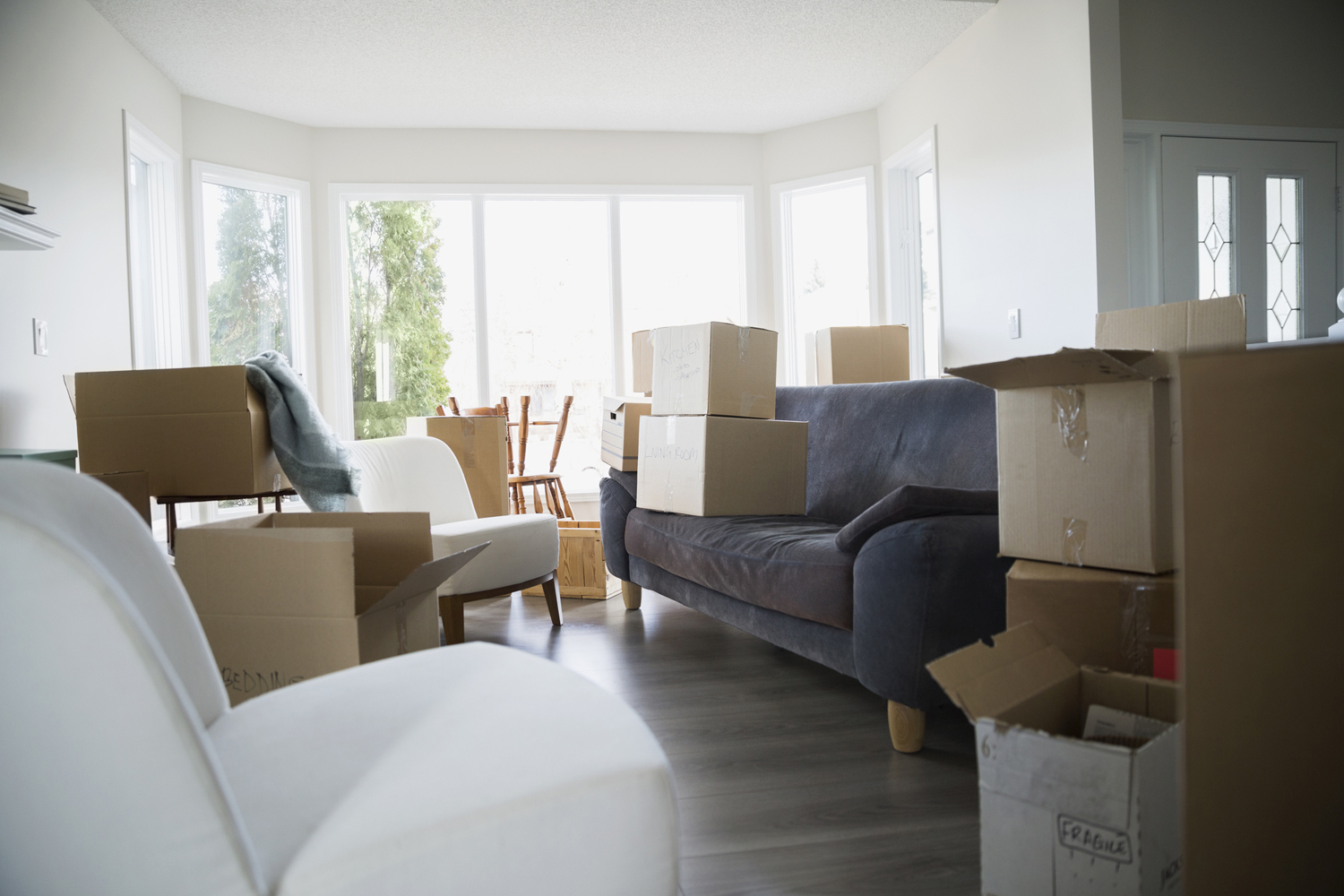
You Have Terrible Tenants
Destructive tenants are bad for obvious reasons, but what can be even worse is if you have tenants who stop paying the rent. No matter what the reason, the eviction process can take time, and even if you get them out quickly, there’s still a period of time where the unit will be empty and you’ll have no rental income coming in.
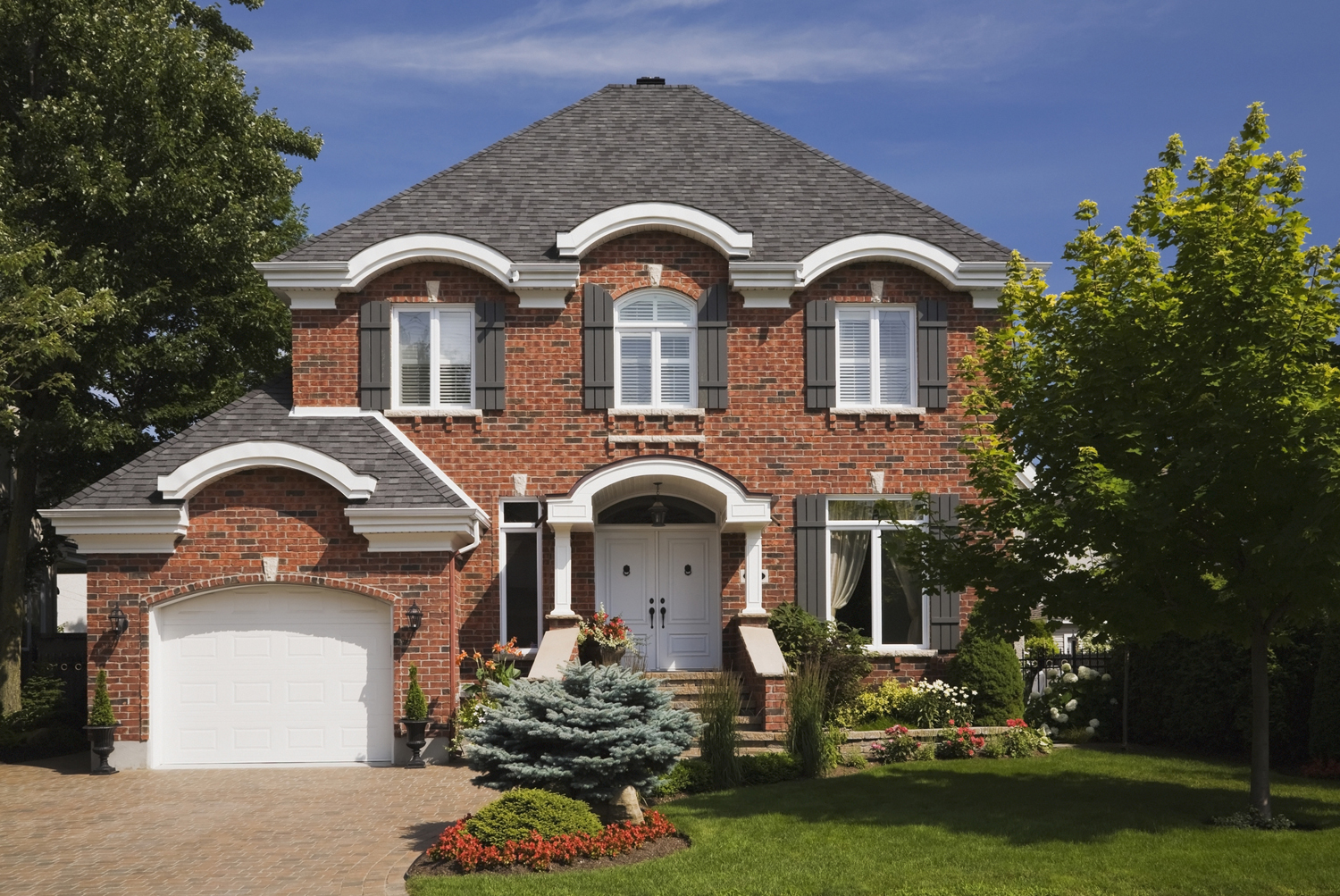
The House is in Perfect Condition
It may sound counter intuitive, but a house in perfect condition doesn’t leave you any room to make value adding improvements. So while you may be able to cash flow the property if you rent, and you may build equity over time, you’re losing out on a big opportunity for forced appreciation.

You Don’t Have an Emergency Fund
Buying an investment property is like buying any other property. You need to have an emergency fund available to cover any unexpected costs. And if you have renters you need to fix any problems right away – and you can’t raise the rent to cover the costs. If you can’t afford to keep tenants happy you’re going to lose them and a whole lot of rental income.
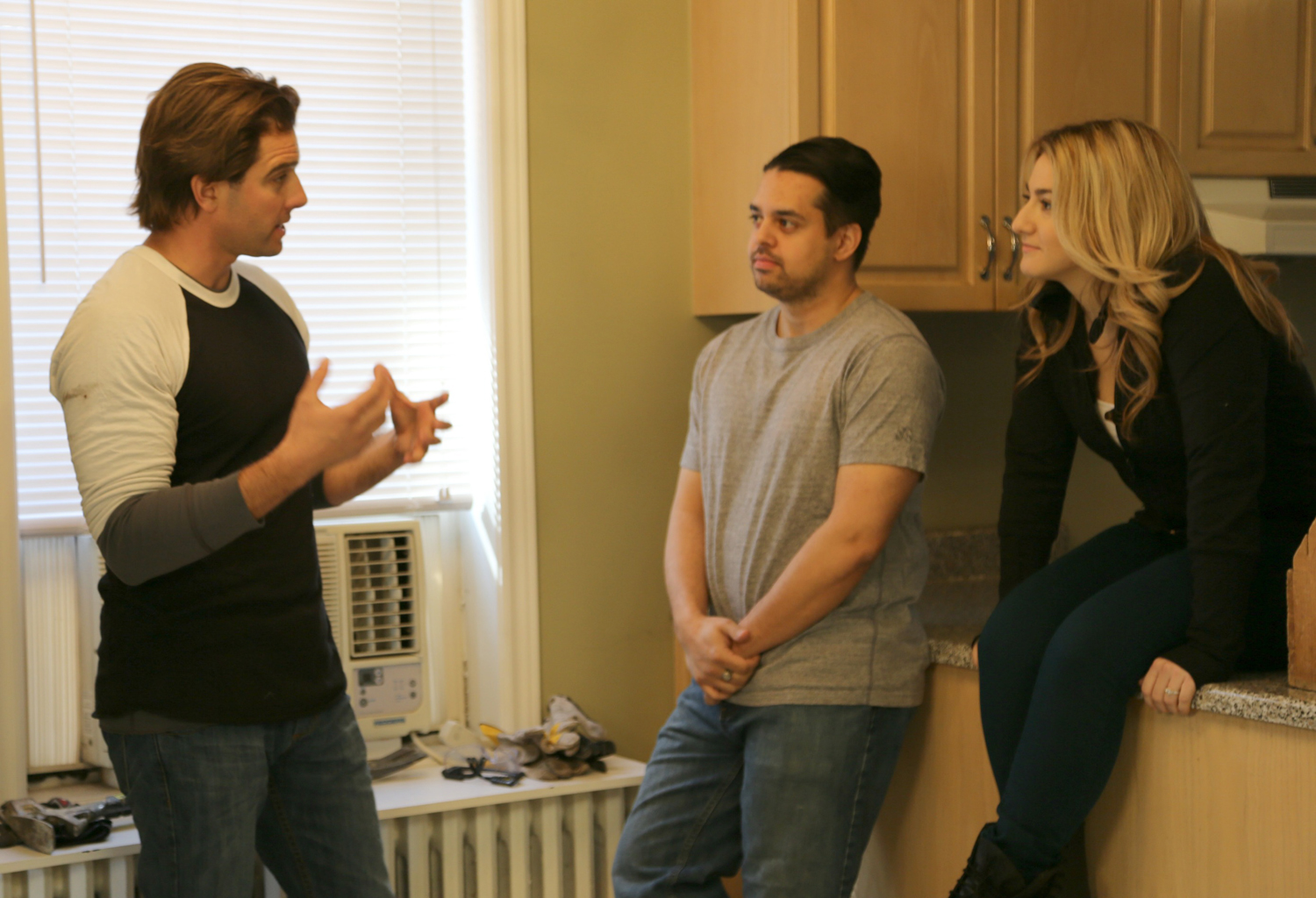
You’re an Absentee Landlord
Sometimes the indicator that you’re going to lose money is you. If you’re a landlord you have to be present. No, you don’t have to be there all day every day, but you need to make sure the property is taken care of and the tenants are kept happy. If you don’t, not only could you end up with tenants who don’t respect the property, but you could end up losing good tenants, and thus rental income.
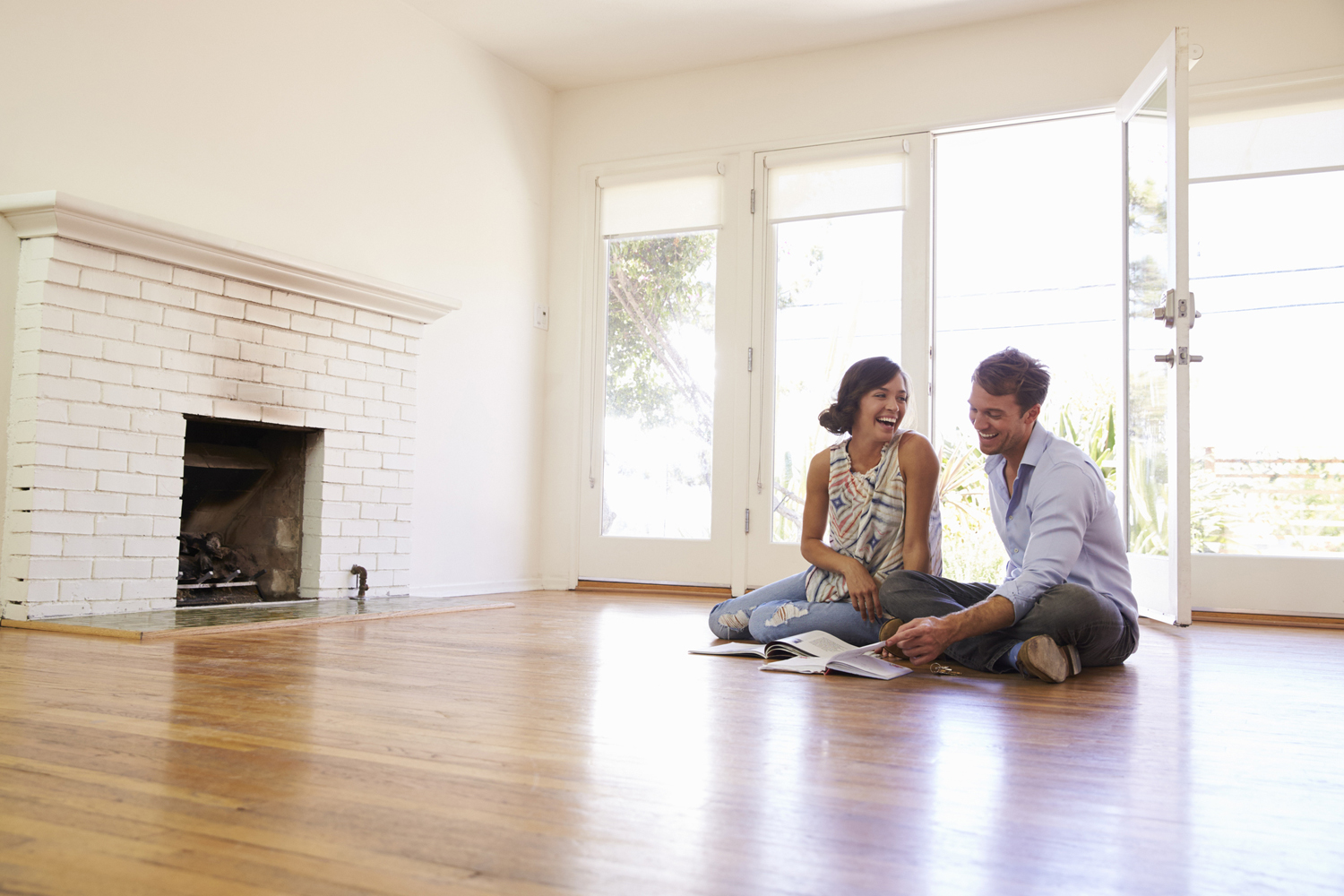
You Purchased in a Hot Market
Real estate investors are always on the lookout for properties in up and coming markets. They can be great when you find them, but it’s getting harder and harder because they’re in such high demand. As a result they can quickly become overpriced. So don’t be too quick to ignore secondary markets, as they can be hiding all sorts of great deals.
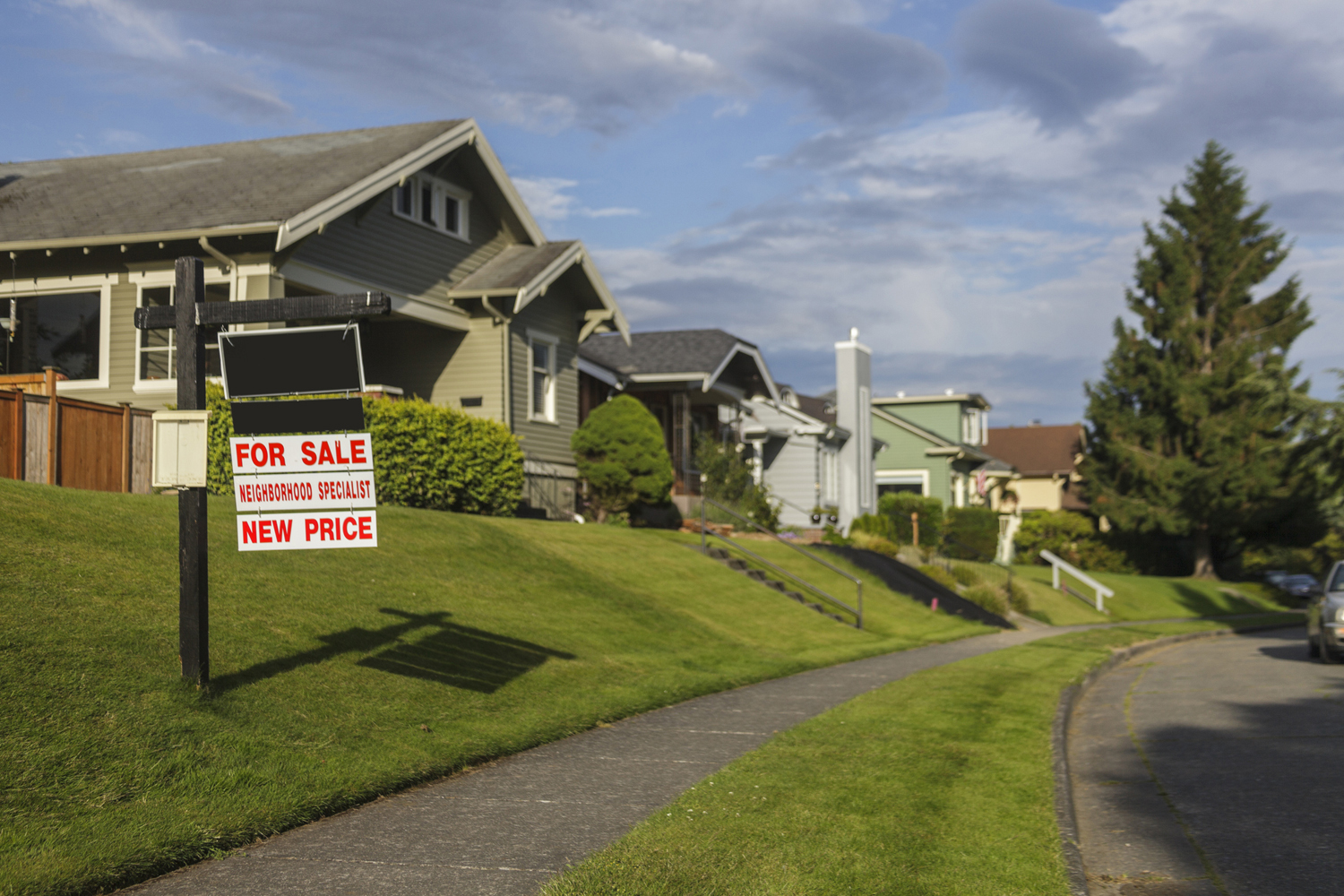
It’s Too Late
People who are eager to buy – particularly in a sellers’ market – may not be interested in waiting until an offer night. If it’s five or six days away, they may not have the patience to wait. If there’s another property available, they may decide to chase that one instead.
Read Scott McGillivray’s worst home trends of the last 10 years.
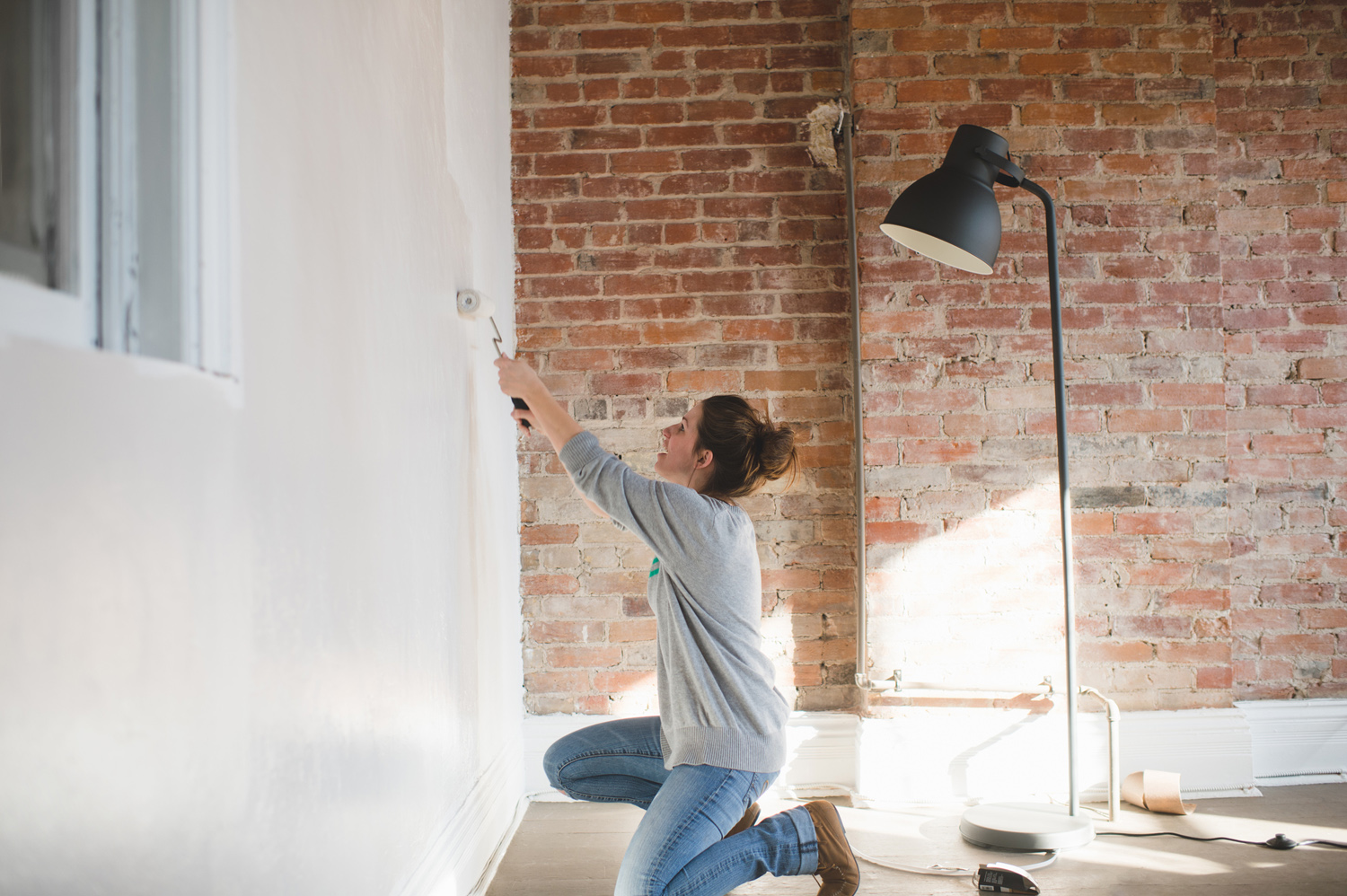
Too Much Maintenance is Required
Some maintenance is to be expected, but sometimes the amount outweighs the potential profits. When it gets to the point where you’re having to replace roofs and siding, or interior issues like plumbing and electrical, and you still have basics like lawn care and appliance repair, it can just be too much. Pay close attention to these issues before you buy so you can make an informed decision.
HGTV your inbox.
By clicking "SIGN UP” you agree to receive emails from HGTV and accept Corus' Terms of Use and Corus' Privacy Policy.




